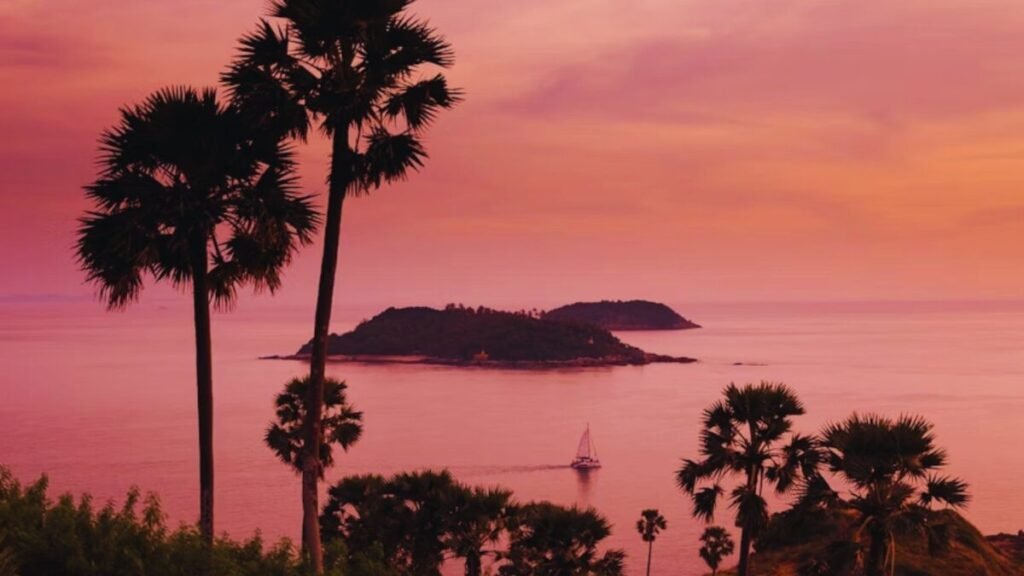The 9 Nations with the Largest Number of Islands Worldwide and the Intrigue Surrounding Their Neglected Territories.

They present a diverse array of landscapes, rich in uncharted territories. These fragmented lands exhibit distinctive ecosystems and cultures molded by geographical factors. Inhabited or deserted, these destinations captivate the interest of travelers, researchers, and nature enthusiasts.
The Influence of Islands in Northern Europe

Scandinavian nations boast a plethora of islands, most of which are uninhabited and accessible to the public through the “Allemansrätten” law. For instance, the Stockholm archipelago boasts numerous islets, while Gotland stands out for its medieval heritage and unique coastlines. Norway, with 239,057 islands characterized by fjords, mountains, and natural wonders like the midnight sun and Northern Lights, also deserves mention. Sweden follows with 178,947 islands along its southwestern coast and inland lakes, shaped by post-glacial processes.
America and Asia: Contrasting Island Territories

America and Asia are home to diverse island landscapes, with many located in remote arctic regions ideal for scientific research and adventure tourism. The United States boasts 18,617 islands scattered across Alaska, Florida, and the Pacific territories, featuring volcanic terrains and pristine lagoons. Indonesia, with 17,504 islands, offers a blend of volcanic landscapes, beaches, and cultural diversity. Japan, with a myriad of islands ranging from bustling metropolises to serene locales like Okinawa, showcases a mix of history, natural beauty, and coastal charm.
Australia and the Philippines: Biodiversity Hotspots
Australia and the Philippines safeguard a wealth of biodiversity on their numerous islands, many of which are designated as nature reserves. Tasmania and the Torres Strait in Australia serve as vital habitats for marine flora and fauna. The Philippines, with its 7,641 islands, presents a mix of inhabited and untouched isles, providing opportunities for diving, trekking, and exploring pristine environments.
These island nations not only boast a high count of islands but also preserve remarkable landscapes and distinct ecosystems. Each archipelago offers a unique world where nature takes center stage, inviting visitors to experience life at a different pace.







